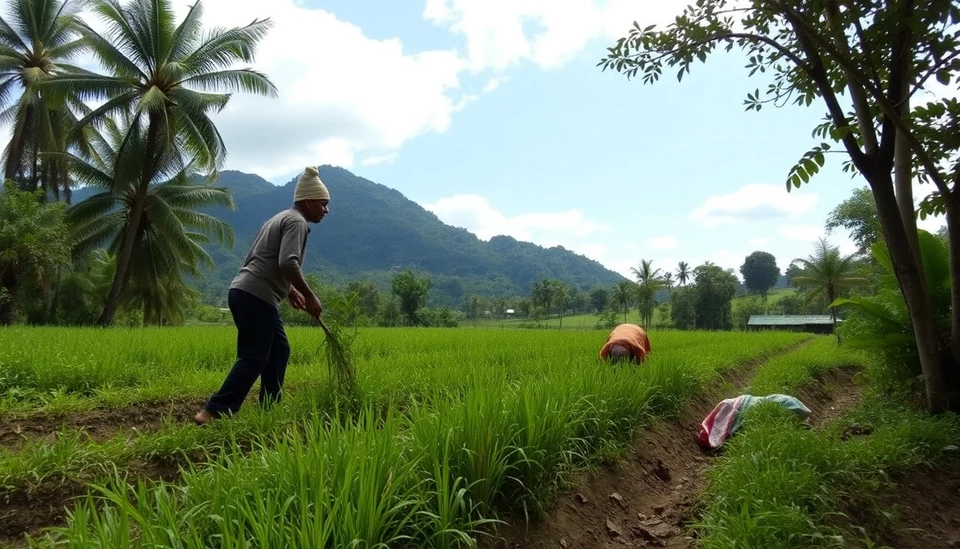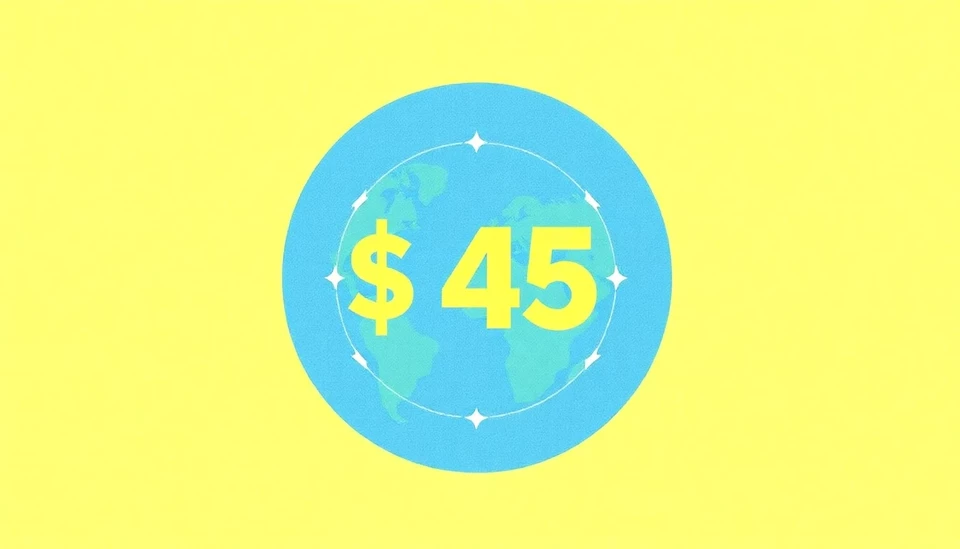
As the global climate conference COP29 approaches, concerns are mounting regarding the effectiveness of climate finance in supporting farmers who are grappling with the adverse effects of climate change. Despite the increasing recognition of the vital role agriculture plays in both mitigation and adaptation strategies, the funds allocated to assist farmers are proving insufficient and poorly distributed.
Farmers around the world are on the frontline of climate change, facing severe weather patterns, droughts, and flooding. These events have not only affected crop yields but also threatened food security globally. Unfortunately, the financial resources pledged to aid these farmers often fail to reach them, with many funds remaining stagnant in bureaucratic channels or being misallocated due to a lack of local engagement and expertise.
At COP29, which is set to take place in December, discussions will focus heavily on how to better structure climate finance to directly benefit those most vulnerable to climate impacts, particularly farmers in developing countries. However, analysis suggests that the current frameworks are ill-equipped to address the complex realities on the ground. As funding criteria become increasingly technical, many farmers find themselves unable to access the support they desperately need.
Industry experts warn that without a radical shift in approach, many regions could see a dramatic decline in agricultural productivity. Such declines would not only harm local economies but could also exacerbate the global food crisis, as interlinked supply chains begin to falter. The call for a more equitable distribution of climate finance is louder than ever as stakeholders urge governments and financial institutions to rethink their strategies.
Many grassroots organizations are advocating for a more participatory approach in the allocation of these funds, emphasizing the importance of allowing local farmers to play an active role in determining how resources should be utilized. Historical trends show that when farmers are given a seat at the table, funding outcomes are more successful and sustainable.
Experts are recommending the establishment of direct funding mechanisms that bypass traditional bureaucratic channels. Such mechanisms could enable farmers to access financial resources directly, thus empowering them to implement climate-smart agriculture practices that are tailored to their unique environments. By focusing on local knowledge and capacity, it is believed that these funds can have a greater and more immediate impact.
As the window for effective climate action narrows, farmers and advocates alike are calling for a reevaluation of climate finance priorities. The focus must shift towards fostering resilience in agricultural systems to ensure that they can thrive in a changing climate. COP29 presents an opportunity to redefine these priorities and establish a clear accountability framework for how climate funds are deployed, ensuring that they reach the farmers who need them most.
With the stakes as high as ever, the world will be watching to see if COP29 can deliver tangible solutions that empower farmers and strengthen their resilience against climate change. Time is running out, and farmers urgently need the support promised to them.
In summary, the critical discussions at COP29 have the potential to reshape the future for farmers worldwide, but it will require commitment and action from both national governments and international agencies to get it right.
#ClimateFinance #COP29 #Farmers #ClimateChange #Agriculture #FoodSecurity #SustainableDevelopment
Author: Sophie Bennett




